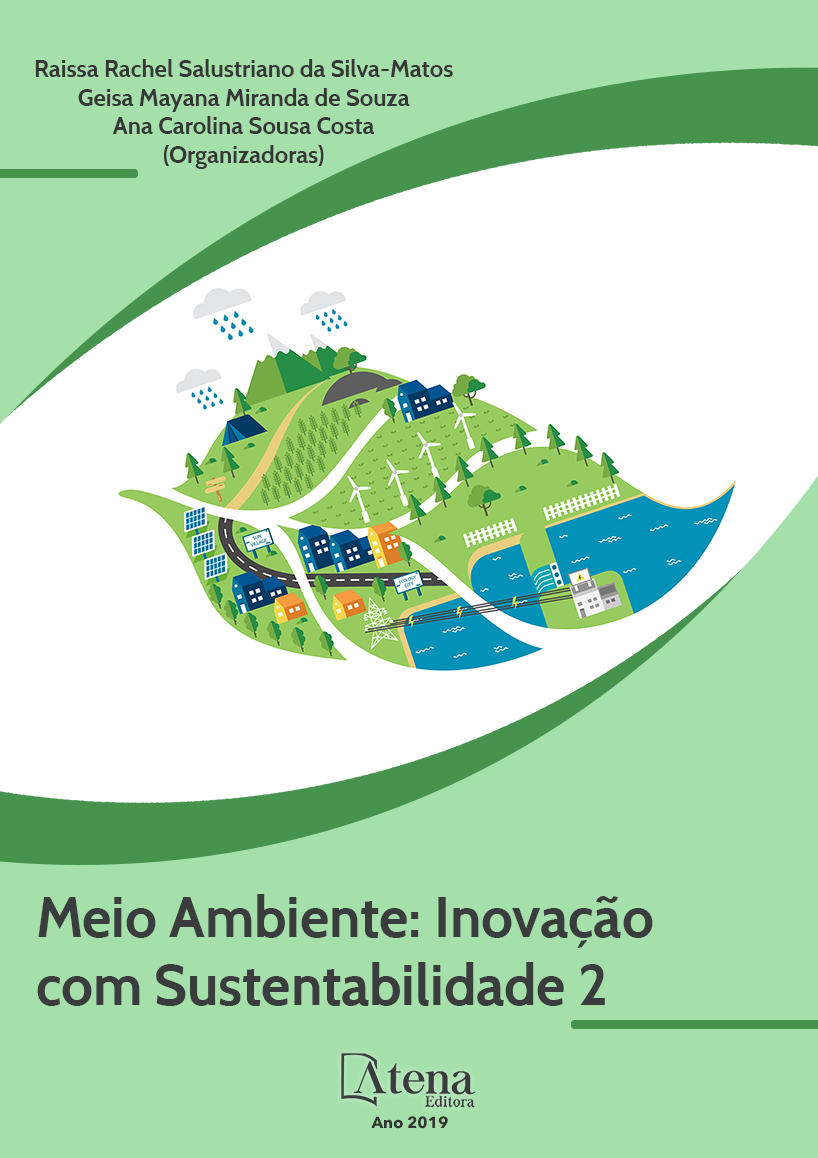
TOMBAMENTO DE BEM PARTICULAR DOTADO DE RELEVÂNCIA HISTÓRICO-CULTURAL E O DIREITO À INDENIZAÇÃO
O presente estudo tem como objetivo
abordar as três principais teses levantadas nos
tribunais brasileiros acerca da indenização
ao proprietário de bem particular dotado
de relevância histórico-cultural. A opção de
investigação adotada neste ensaio é o método
dedutivo, aquele em que o autor parte de uma
generalidade do objeto, de um referencial teórico
e pode chegar a conclusões próprias, oferecendo
ideias, teorizando, refletindo sobre a matéria. A
revisão bibliográfica nos proporcionou observar
o conceito, a classificação e a finalidade do
tombamento de perseguir a função social
da propriedade, segundo os dispositivos da
Constituição Federal de 1988 e do Decreto-Lei
nº 25/1937. Avaliamos a competência dos entes
políticos para legislar sobre o tema e realizar
a proteção dos bens tombados, bem como
dos procedimentos administrativo, legislativo
e judiciário que formalizam e garantem a
legitimidade do instituto. Chegamos à conclusão
de que os tribunais pátrios têm encarado
as teses de indenizações, ponderando as
peculiaridades do caso concreto e pautando-se
na necessidade de comprovação do prejuízo
sofrido pelo proprietário do bem tombado.
TOMBAMENTO DE BEM PARTICULAR DOTADO DE RELEVÂNCIA HISTÓRICO-CULTURAL E O DIREITO À INDENIZAÇÃO
-
DOI: 10.22533/at.ed.46119011018
-
Palavras-chave: Tombamento. Coisa particular. Indenização.
-
Keywords: Tumbamento. Private Thing. Indemnity.
-
Abstract:
The present study aims to address
the three main theses raised in the brazilian
courts regarding compensation to the owner of
a private property endowed with historical and
cultural relevance. The research option adopted
in this essay is the deductive method, the one
in which the author starts from a generality of
the object, from a theoretical referential and
can arrive at his own conclusions, offering
ideas, theorizing, reflecting on matter. The
bibliographic review allowed us to observe
the concept, classification and purpose of the
registration of pursuing the social function of
property, according to the provisions of the
Federal Constitution of 1988 and Decree-Law 25/1937. We evaluate the competence
of political entities to legislate on the subject and to protect the assets, as well as
administrative, legislative and judicial procedures that formalize and guarantee the
legitimacy of the institute. We have come to the conclusion that the patriot courts have
considered the theses of indemnities, pondering the peculiarities of the concrete case
and being based on the necessity of proof of the prejudice suffered by the owner of the
asset
-
Número de páginas: 15
- RODRIGO SILVA TAVARES
- FLÁVIO REIS DOS SANTOS


